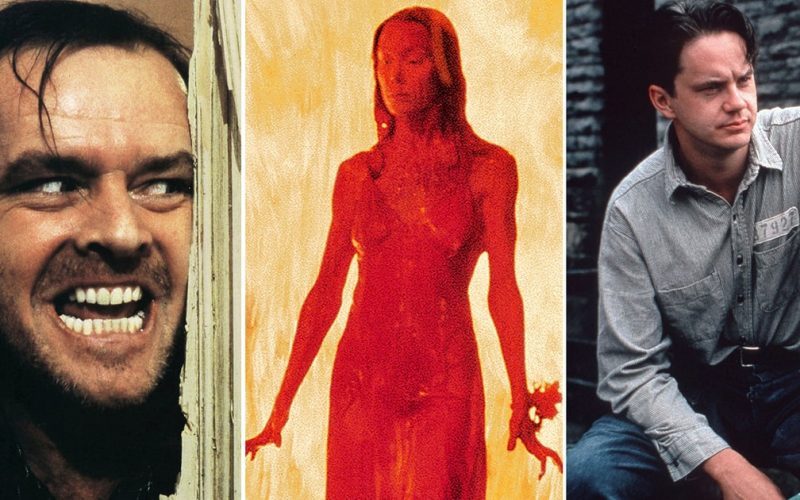Stephen King comments on the recent surge in popularity for adaptations of his work.
Stephen King is experiencing quite the renaissance of late with ‘It’ topping the box office and receiving positive reviews along with TV adaptations of his work, which are gaining similar acclaim including Mr Mercedes starring Brendon Gleeson as a retired detective being ruthlessly targeted by a deranged killer from an an unsolved case. This all follows last years miniseries, ‘11/22/63’ which featured a time travelling James Franco out to prevent Kennedy’s assassination.
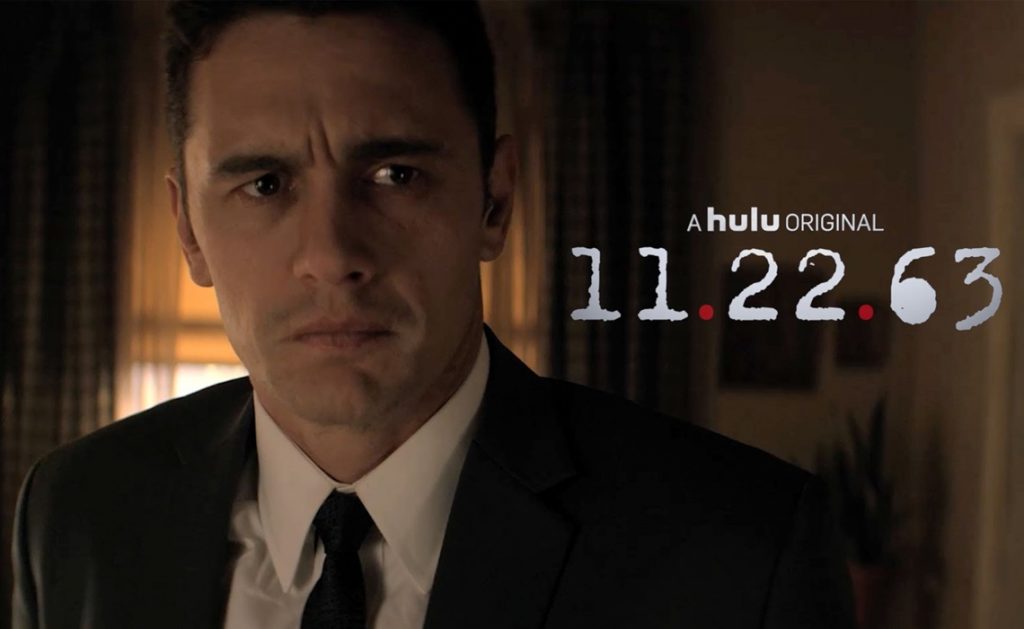
The author will also see his work come to the small screen soon in Netflix’s Gerald’s Game and 1922, which is adapted from one of the author’s short stories and stars Thomas Jane as a farmer who falls into madness after the murder of his wife. Also on the horizon for early next year is the Hulu TV series Castle Rock which is said to be based on the stories of King, with intertwining characters and themes from the fictional town of the title.
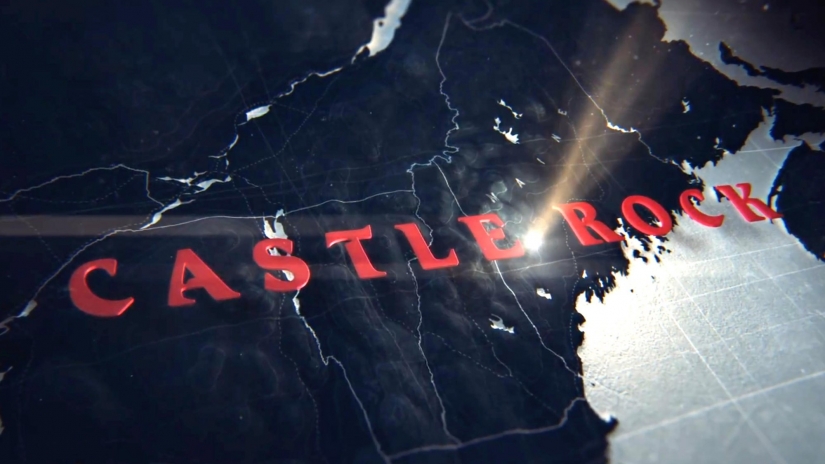
One recent feature that didn’t do too well was The Dark Tower film adaptation and King recently spoke to Vulture about where he felt the problems arose;
“The major challenge was to do a film based on a series of books that’s really long, about 3,000 pages. The other part of it was the decision to do a PG-13 feature adaptation of books that are extremely violent and deal with violent behavior in a fairly graphic way. That was something that had to be overcome, although I’ve gotta say, I thought [screenwriter] Akiva Goldsman did a terrific job in taking a central part of the book and turning it into what I thought was a pretty good movie. The TV series they’re developing now … we’ll see what happens with that. It would be like a complete reboot, so we’ll just have to see.”
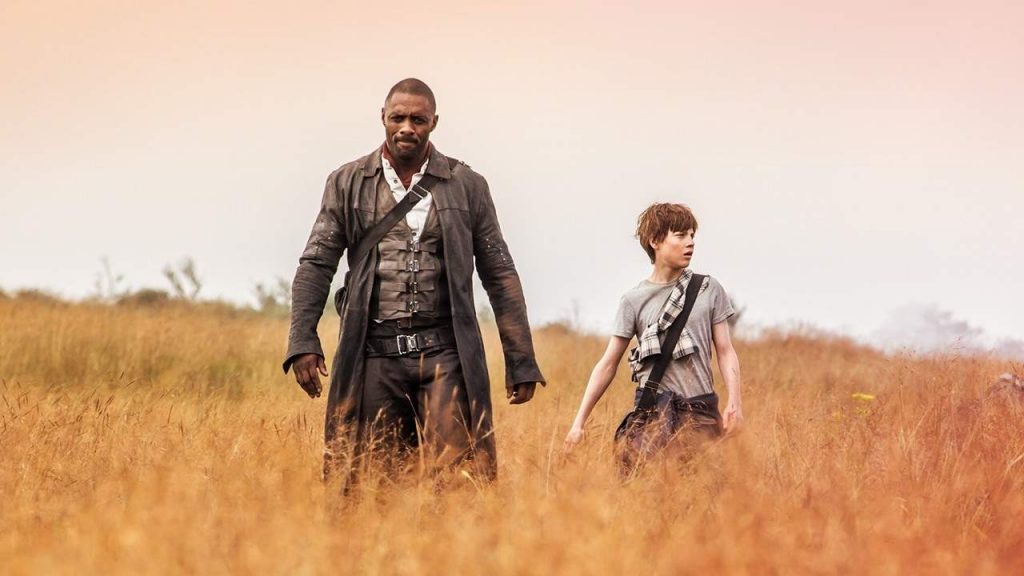
One project he seems more enthusiastic about is Gerald’s Game which stars Carla Gugino as a woman who’s handcuffed to a bed by her husband (Bruce Greenwood) in a role-play scenario gone wrong when the Husband collapses with a heart attack leaving her shackled in a remote location. The author spoke about what he likes to see, performance wise, from actors playing the characters he’s designed in his mind;
“Carla in Gerald’s Game is a good case in point: She understood that character and, frankly, she played the shit out of it. Once she decided that she wanted to do it, she just went right to the wall with it. Just a fantastic job. I’ve said this before, but Jack Nicholson in The Shining, not so much. River Phoenix in Stand by Me was amazing, Kathy Bates in Misery did a terrific job, and you know, Tom Jane in 1922 really did it. He really got that stiff-necked, “I’ll do anything to keep my land” character. He’s terrific.”
With so much of his work being snapped up around the same time the author was asked what he felt had inspired this sudden surge in popularity for his work;
“I don’t know! It’s kind of a perfect storm, isn’t it? A lot of these things came up all at the same time, and I don’t think there was any particular reason for it to happen. It’s like a farmer having a really good year. [Laughs.] In 1922, when Wilfred says, “We had a really good year for corn then” well, I had a really good year for corn this year. There are other factors -some of the recent things have been successful, like the miniseries of 11/22/63, and I think when that happens, people say to themselves, “If X succeeds, maybe Y will.” But I’d like to think a lot of it is just the material, that people see something in these stories that would be visually arresting.”
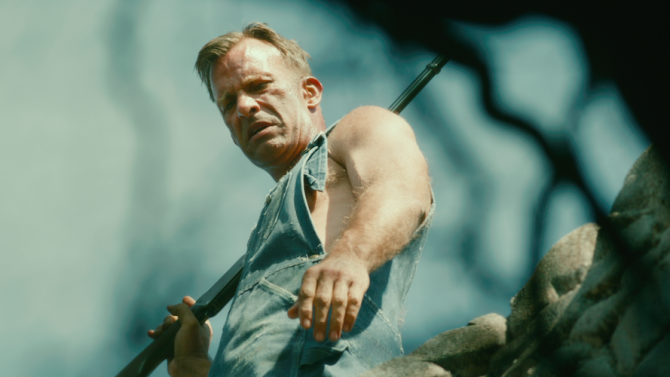
King has been known in the past to be a severe critic of a lot of the film adaptations of his books and famously hated Kubrick’s version of The Shining. He was also said to be less than impressed with The Shawshank Redemption. The author once famously told Rolling Stone Magazine;
“The movies have never been a big deal to me. The movies are the movies. They just make them. If they’re good, that’s terrific. If they’re not, they’re not.”
King, who recently turned 70, appears to have a more pragmatic approach to his work being adapted nowadays;
“I never had a problem with it, from Carrie onward. Even with Carrie, my feeling was, “They’re gonna make this movie. If it’s a success, it will help me do what I want to do, which is to write books.” When I was in college I read something that stuck in my mind from James M. Cain, who did The Postman Always Rings Twice and Double Indemnity and Mildred Pierce. He did an interview near the end of his life where the reporter said, “They ruined your books for the movies,” and Cain snapped his head around and pointed at the bookshelf and said, “No they didn’t, they’re all right there.” In a way, the book is untouchable. Now, what Hemingway said is that the best thing that can happen to a writer is when they pay you a lot of money for it but never make the movie. I’ve never felt that way, I’m always anxious to see what they do with it. Sometimes they succeed, and sometimes you get pictures like the Children of the Corn sequels . I’ve been down this road before in the sense that a movie like Gerald’s Game or 1922, it’s easy to say, “This would be really difficult to make into a movie,” but I felt that way about Cujo and they did a terrific job, so you never know what’s going to happen. The attitude has to be, “I will get involved if you want me to get involved and I have these controls over who’s going to be in the cast and who will write the screenplay. I’m happy to do that when you understand that 90 percent of the time, I’m going to say, ‘That’s fine, go ahead.”
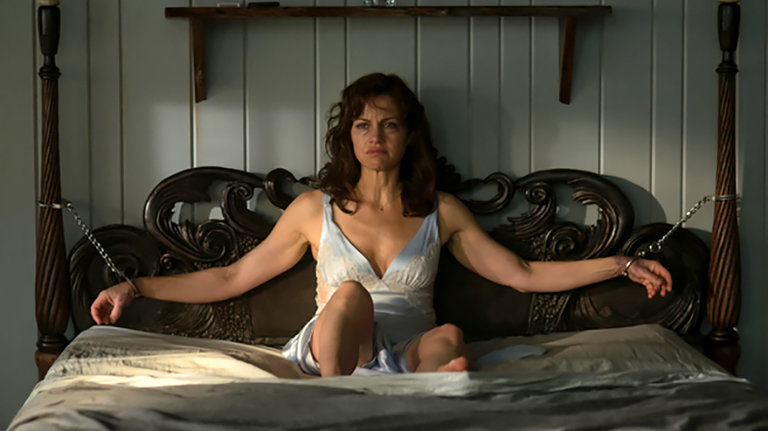
King went on to explain some of the input that he’s had in recent productions, such as the casting of the leads in Gerald’s Game;
“I had casting approval and I approved them immediately. I knew their work, of course. Bruce Greenwood had worked for a while on [the King-penned musical] Ghost Brothers of Darkland County and I’m just sorry he didn’t get to sing in Gerald’s Game, because he has a terrific singing voice. It was a no-brainer for me. The script broke the book open to get to the interior part of the story in a way that I thought was terrific.”
He also enthused of his excitement of some of the projects soon to be released;
“With 1922, was I a little surprised that somebody wanted to make it? I was, and I was also pleased by the challenge of it and anxious to see what would come out. And you know, what 1922 reminded me of was a film called There Will Be Blood. It has the same kind of flat, dead-eyed, affect to it, so it made for a really good suspense picture, and it’s a movie that won’t leave my mind. It has this sort of poisonous effect, it just sort of sticks there because some of the images are so good.”

